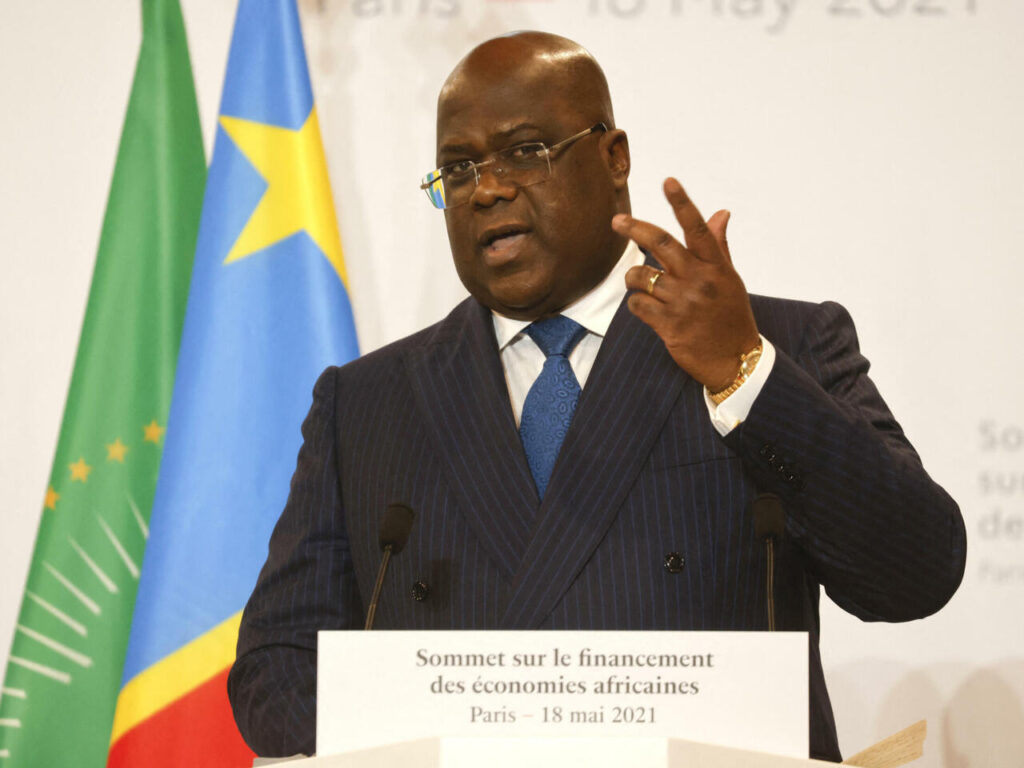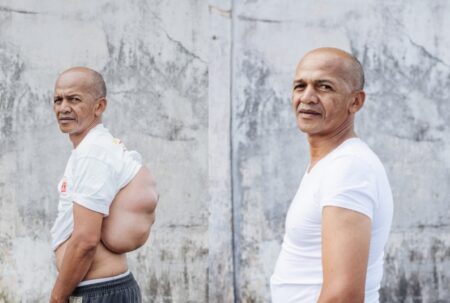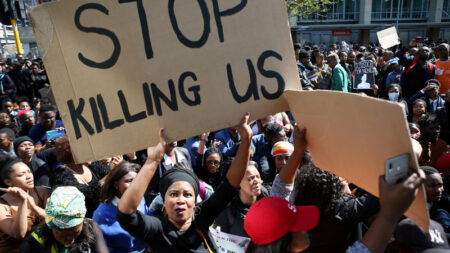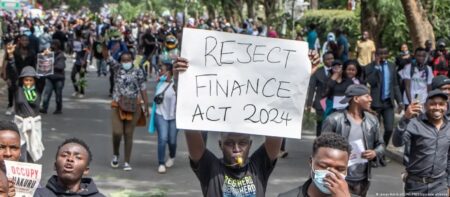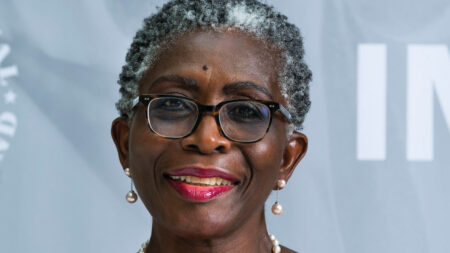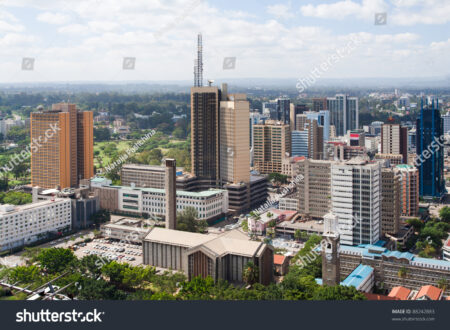- Three Americans are among 50 arrested in a failed attempt to overthrow President Tshisekedi of DRC.
- The alleged coup leader, Christian Malanga, a US-educated former refugee and naturalized US citizen, along with his son Marcel and Benjamin Zalman-Polun, a cannabis entrepreneur from Maryland, among those arrested.
- The UN and international community have condemned the coup attempt, instead, calling support for the Congolese government.
In a stunning turn of events that has sent ripples through the international community, three American nationals have been arrested for their alleged involvement in a failed coup attempt in the Democratic Republic of Congo (DRC).
The dramatic incident unfolded in the early hours of Sunday May 19th, culminating in a shootout in the capital, Kinshasa. Later, a disturbing video footage shows two of the American men pleading for mercy on the ground, surrounded by heavily armed government forces.
The plot to overthrow President Félix Tshisekedi’s government was planned but ultimately thwarted by the swift action of the DRC’s security forces. The coup attempt took place near the residence of Economy Minister Vital Kamerhe in the Gombe area of Kinshasa, close to the Palais de la Nation, which houses the president’s offices.
According to General Sylvain Ekenge, a spokesman for the Armed Forces, the defense and security forces successfully stopped the coup and arrested around 50 individuals, including the three American nationals
American nationals in the spotlight over DRC coup
Among those arrested was Christian Malanga, who is the alleged coup leader. Malanga, 41, is a US-educated former refugee and naturalized American citizen. He had previously served in the Congolese military and had a history of political activism.
His son, Marcel Malanga, was also apprehended. Reports suggest that Marcel had been posting videos on social media, brandishing large amounts of cash and calling for an end to corruption in mineral-rich DRC.
Footage circulating on social media showed a passport allegedly seized from one of the American nationals, bearing the name Benjamin Zalman-Polun, a 36-year-old from Maryland.
Zalman-Polun, known for his background as a cannabis entrepreneur, had reportedly been linked to Christian Malanga. The DRC military stated that the coup attempt involved both foreigners and Congolese nationals, with shots heard near the Palais de la Nation during the operation.
International condemnations to DRC coup
The arrest of American nationals has led to a flurry of international reactions. Local media reports in the DRC suggested that the arrested men might be CIA operatives, a claim the US ambassador in Kinshasa quickly refuted, distancing the US government from any involvement in the coup attempt.
The United Nations’ stabilization mission in the DRC condemned the incident in the strongest terms. Bintou Keita, the head of the mission, expressed her support for the Congolese authorities in a post on X (formerly Twitter), calling for calm and stability.
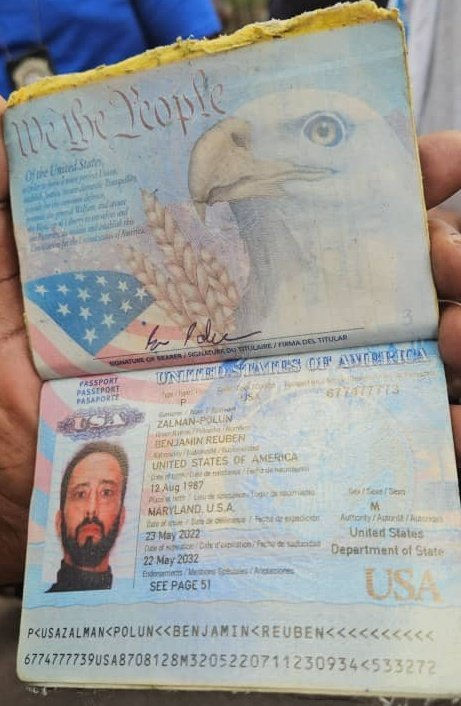
Coup leader Malanga’s controversial past
Christian Malanga’s background paints a picture of a man deeply entangled in the complex political fabric of the DRC. Having moved to Salt Lake City as a 15-year-old refugee in 1998, he returned to the Congo in 2006, where he served in the military and ran for parliament in 2011.
His political aspirations were cut short when he was arrested just two days before the election. Malanga returned to the US in 2012, where he attempted to build his United Congolese Party in exile and was accused by Congolese intelligence of plotting the assassination of then-president Joseph Kabila.
Marcel Malanga, who spent much of his childhood in the US, also has a controversial online presence. He frequently posted on social media, portraying himself as a crusader against corruption. Just hours before the coup attempt, he posted a video on Facebook showing his group of heavily armed paramilitaries, accompanied by another American voice.
One of the men seen begging for mercy in the aftermath of the failed coup was pictured wearing a uniform with a US flag.
The aftermath: unanswered questions and future implications
As the DRC government continues to investigate the failed coup, the nation remains on high alert. The swift action of the security forces has prevented what could have been a significant destabilization of the frail country.
However, the presence of American nationals among the conspirators has raised many questions about the international dimensions of the plot.
General Sylvain Ekenge confirmed that the arrested individuals are currently undergoing interrogation by specialized services of the Armed Forces. The revelation that a British man was also part of the group involved in the operation adds another layer of complexity to the situation.
The foiled coup attempt in the DRC has also brought to the fore the fragility of the nation’s political landscape and the ever-present threat of instability. President Tshisekedi, who was sworn in for a second five-year term in January this year, faces the challenge of addressing the underlying issues that give rise to such threats, while also navigating the delicate terrain of international relations.
The involvement of foreign nationals, particularly Americans, in this failed coup underscores the need for heightened vigilance and cooperation with international partners to ensure the security and stability of the DRC.
Read also: DRC invites ‘modern investors’ to tap $24 trillion worth of mineral wealth





